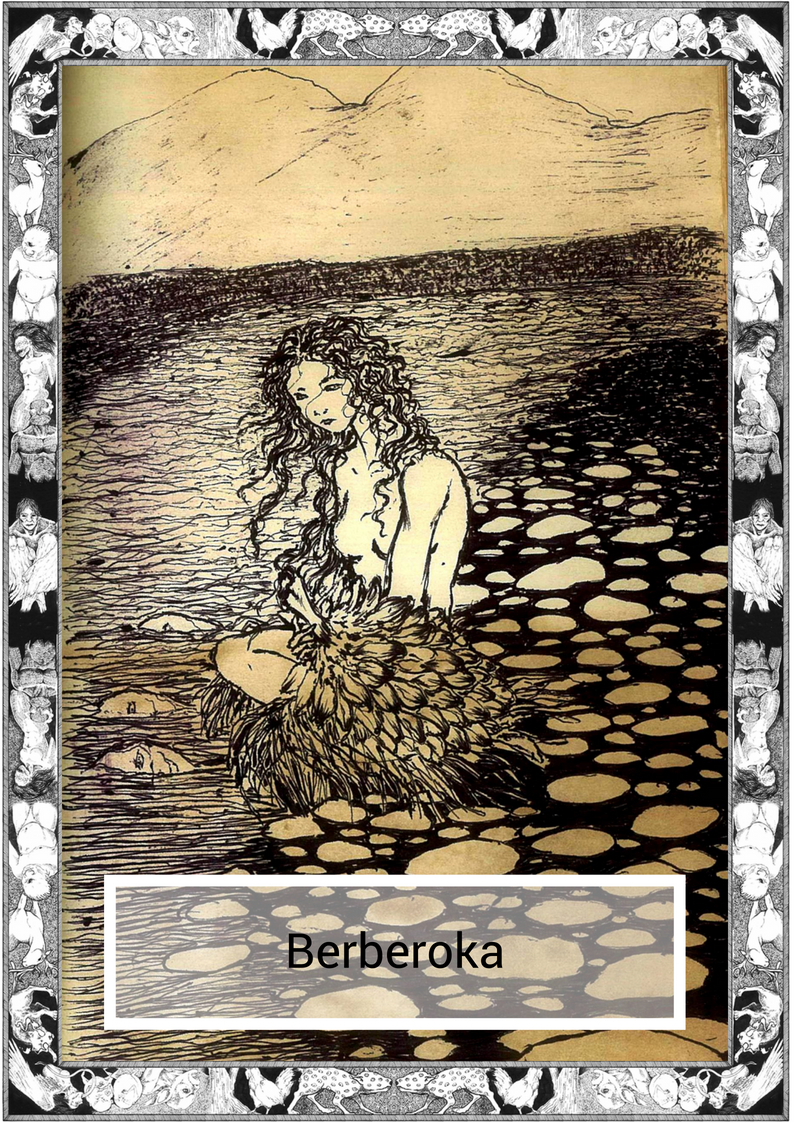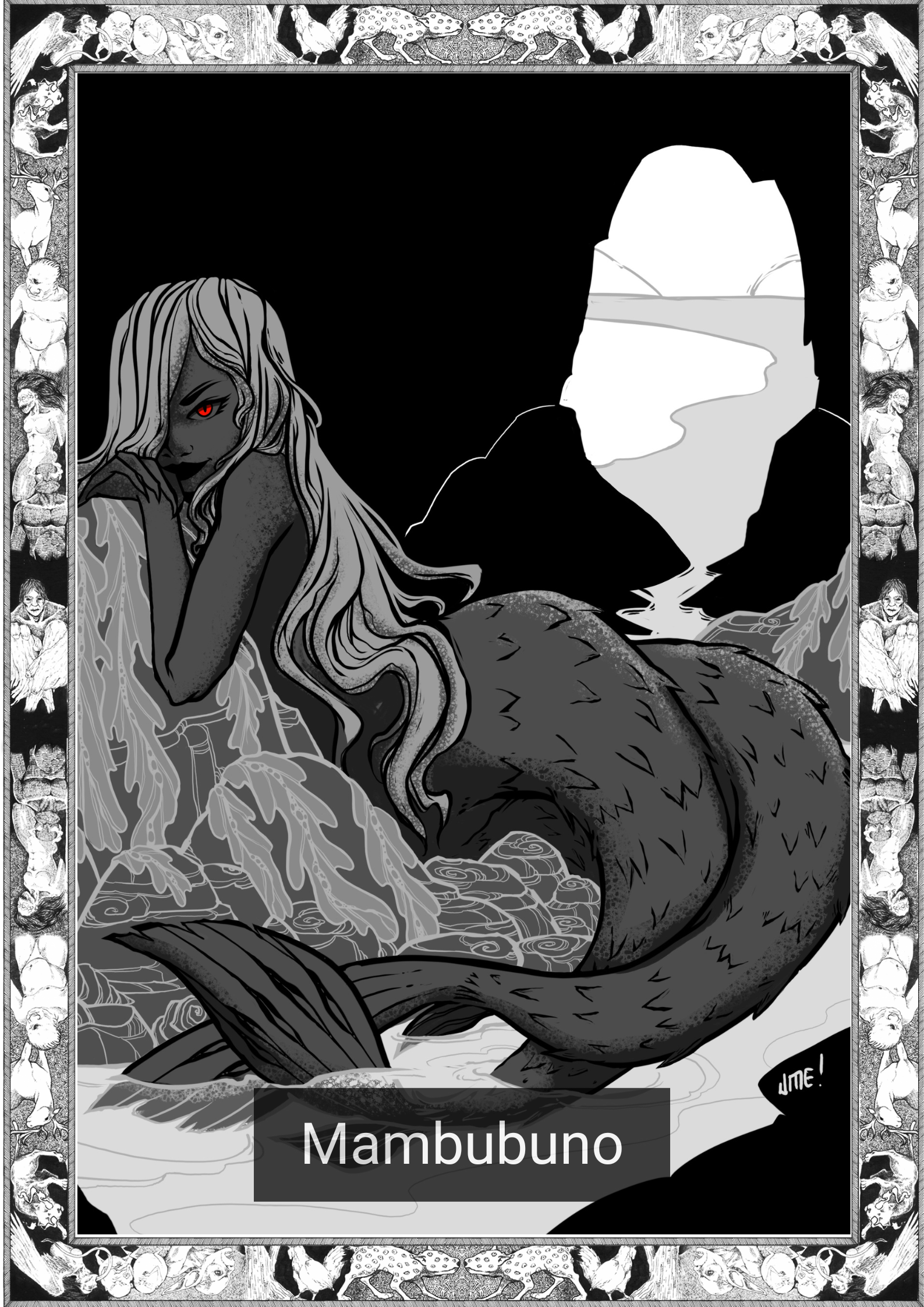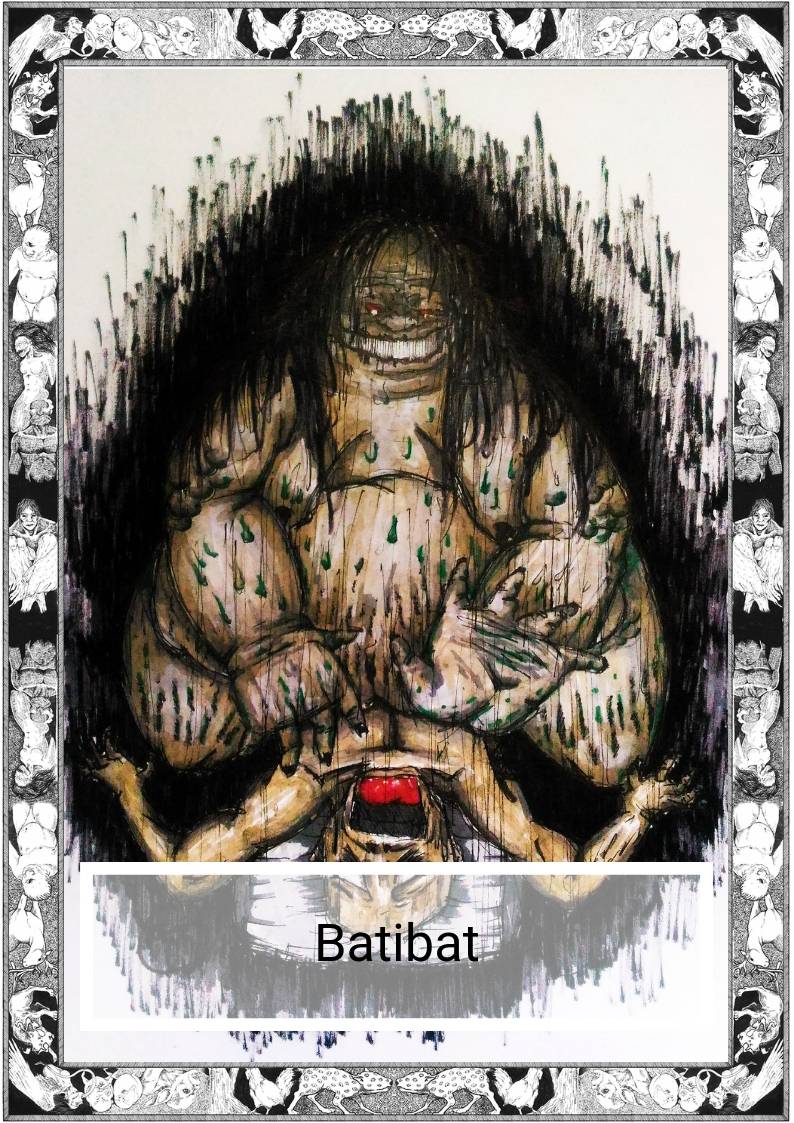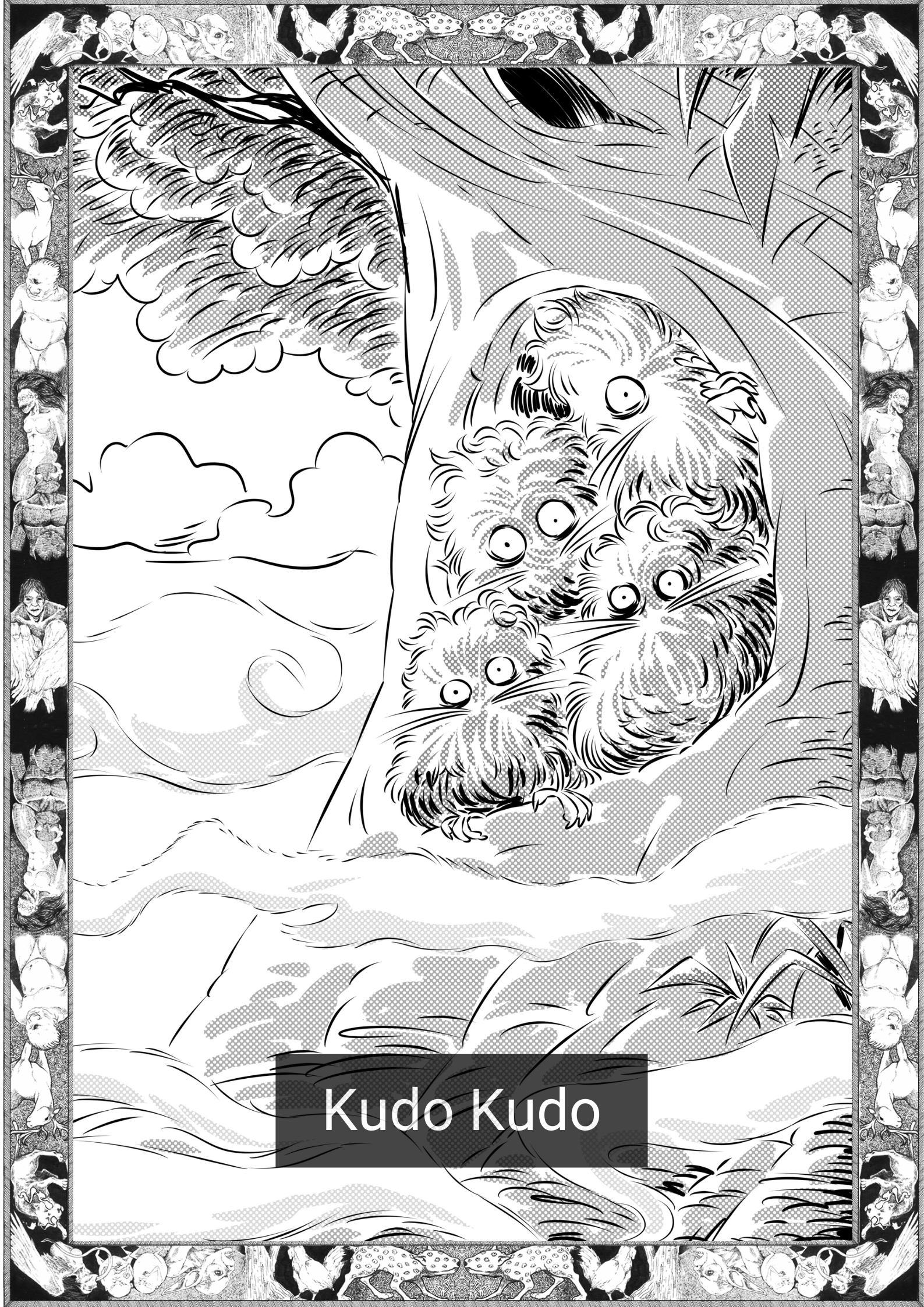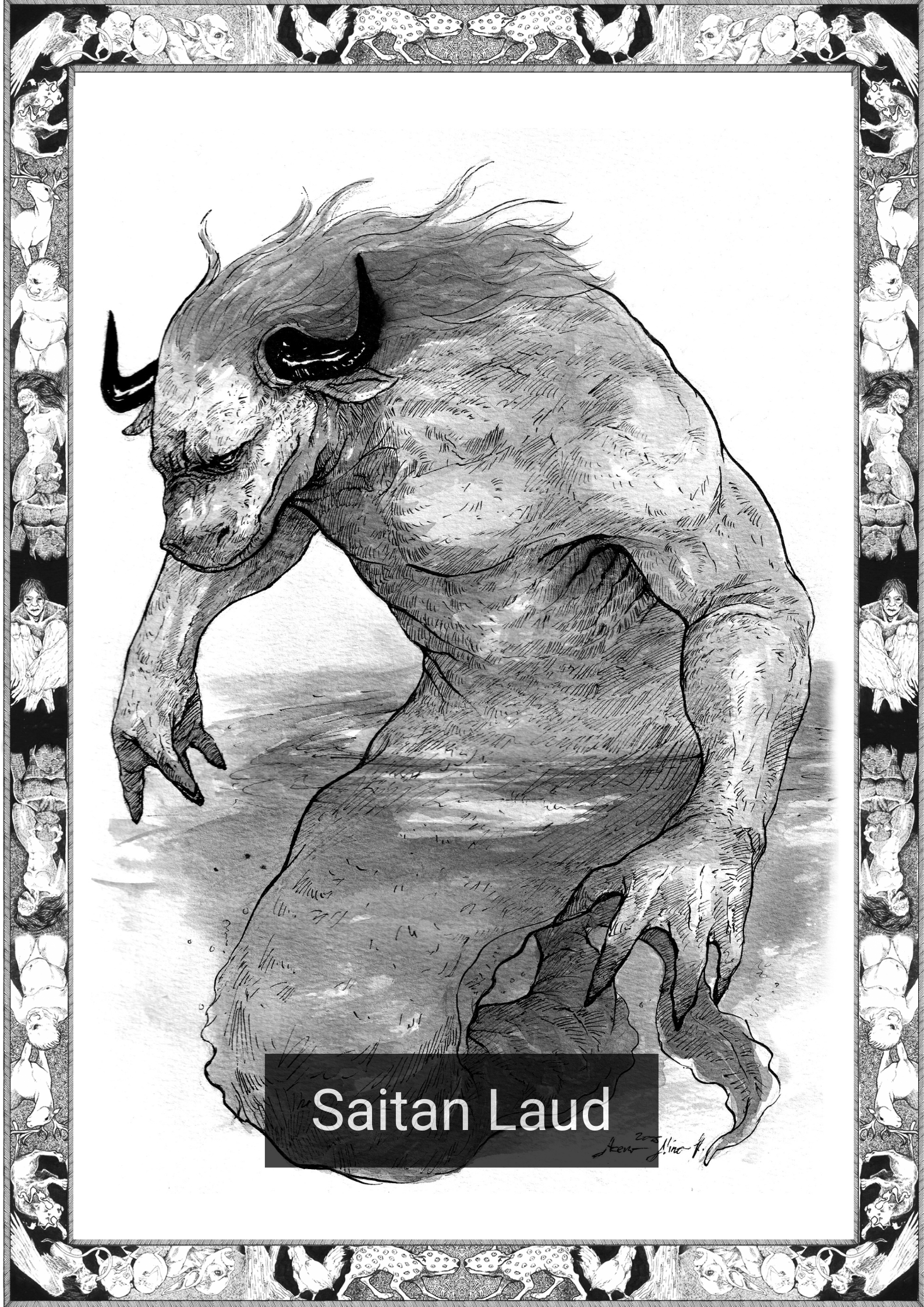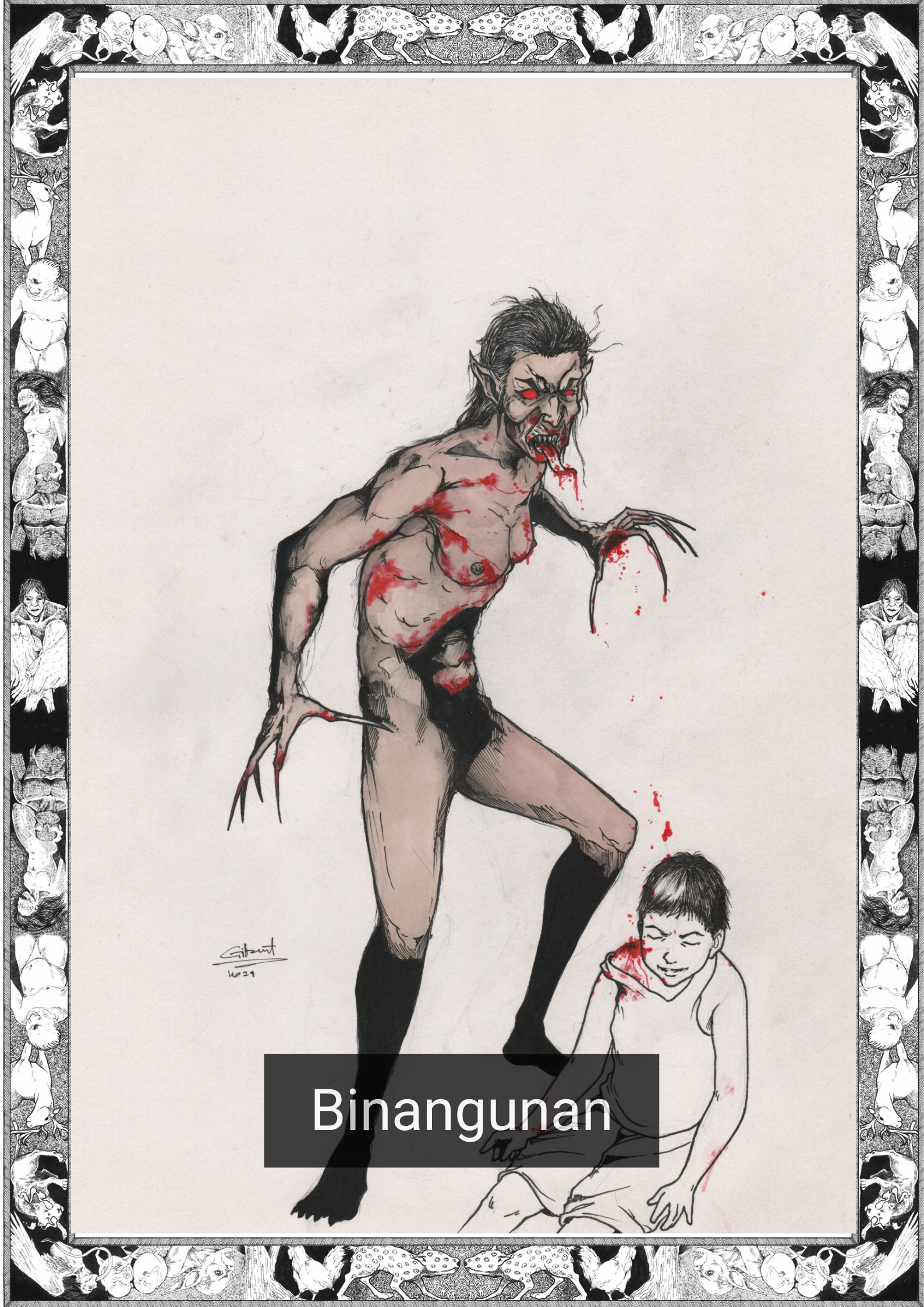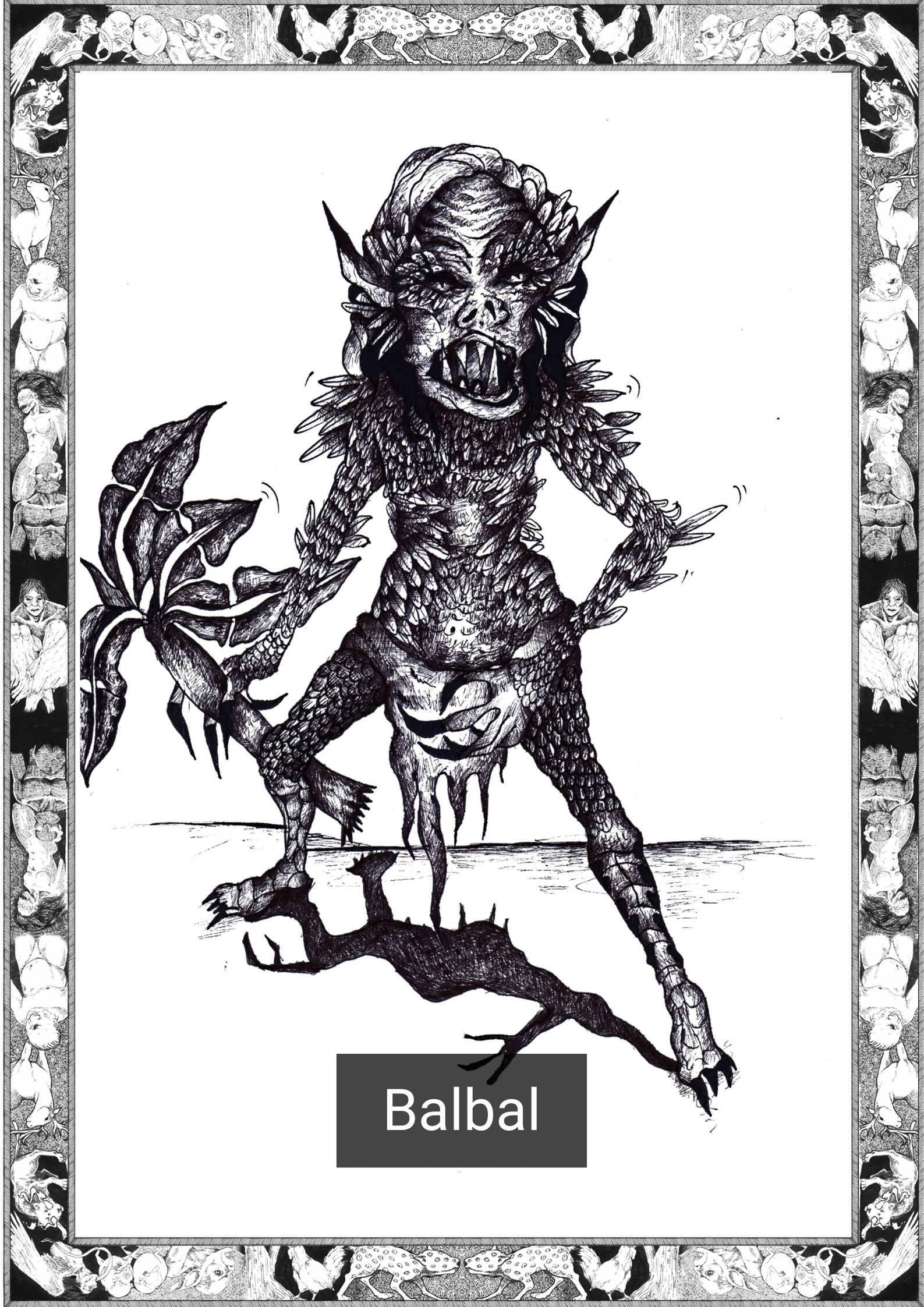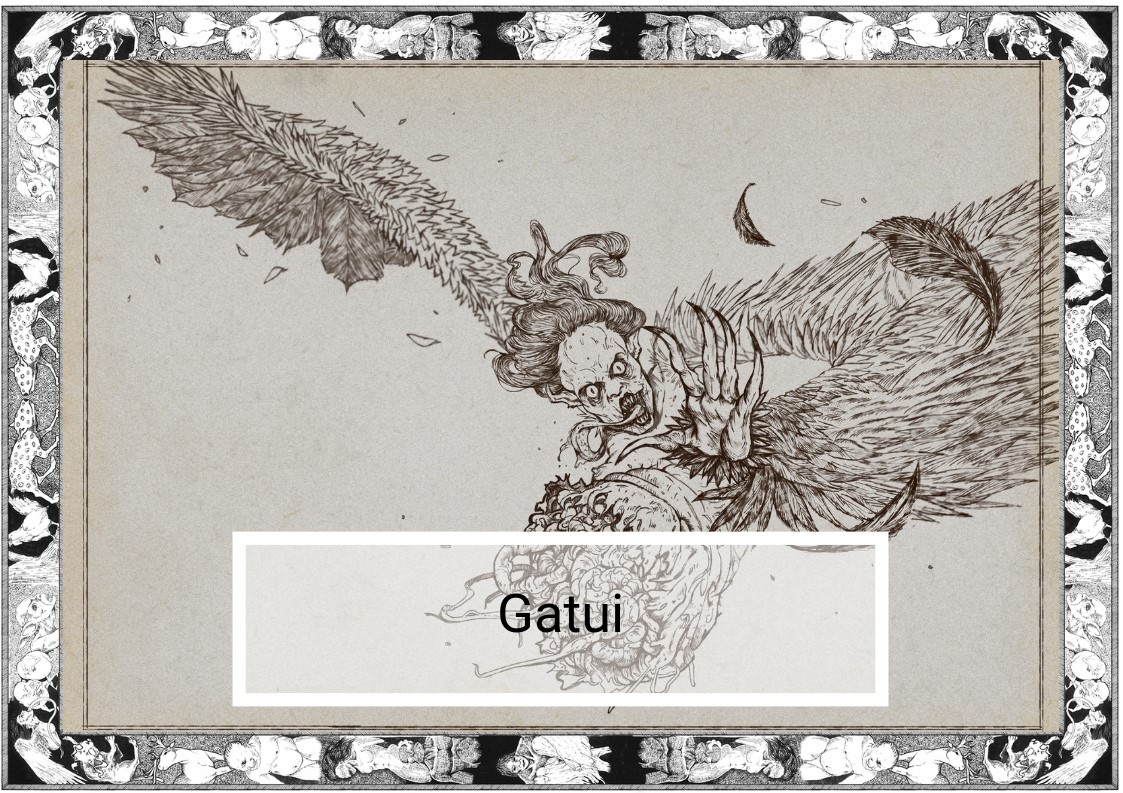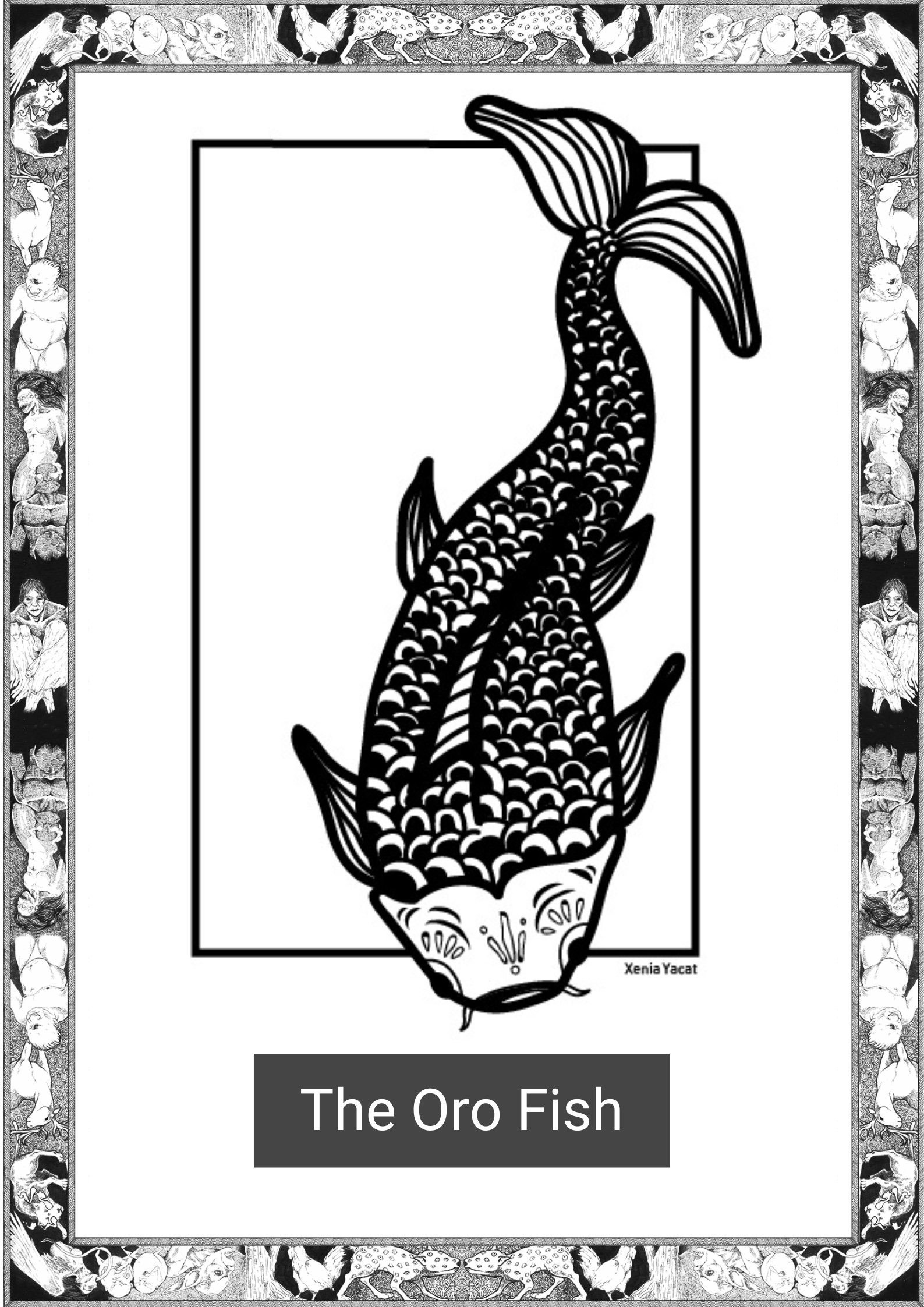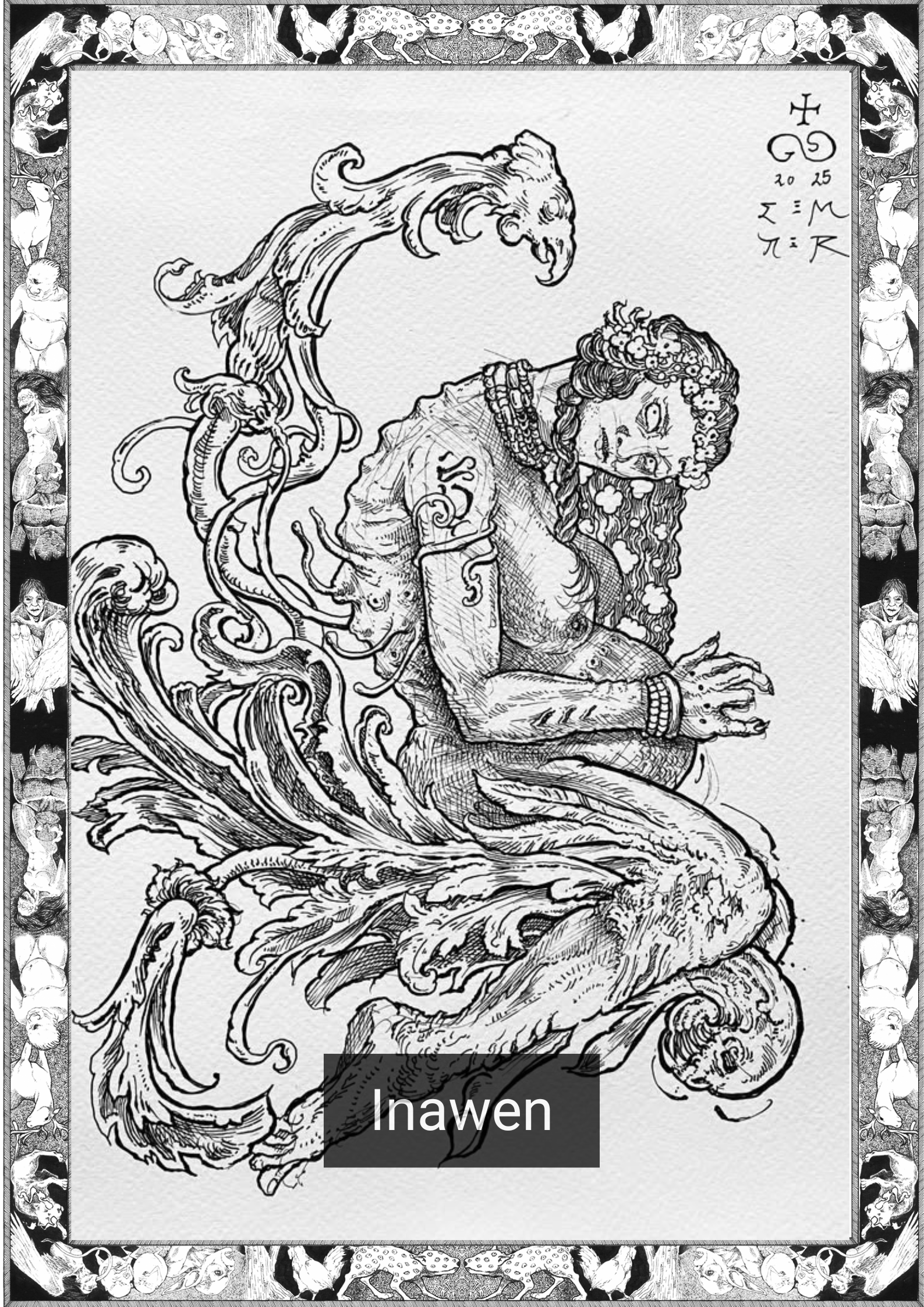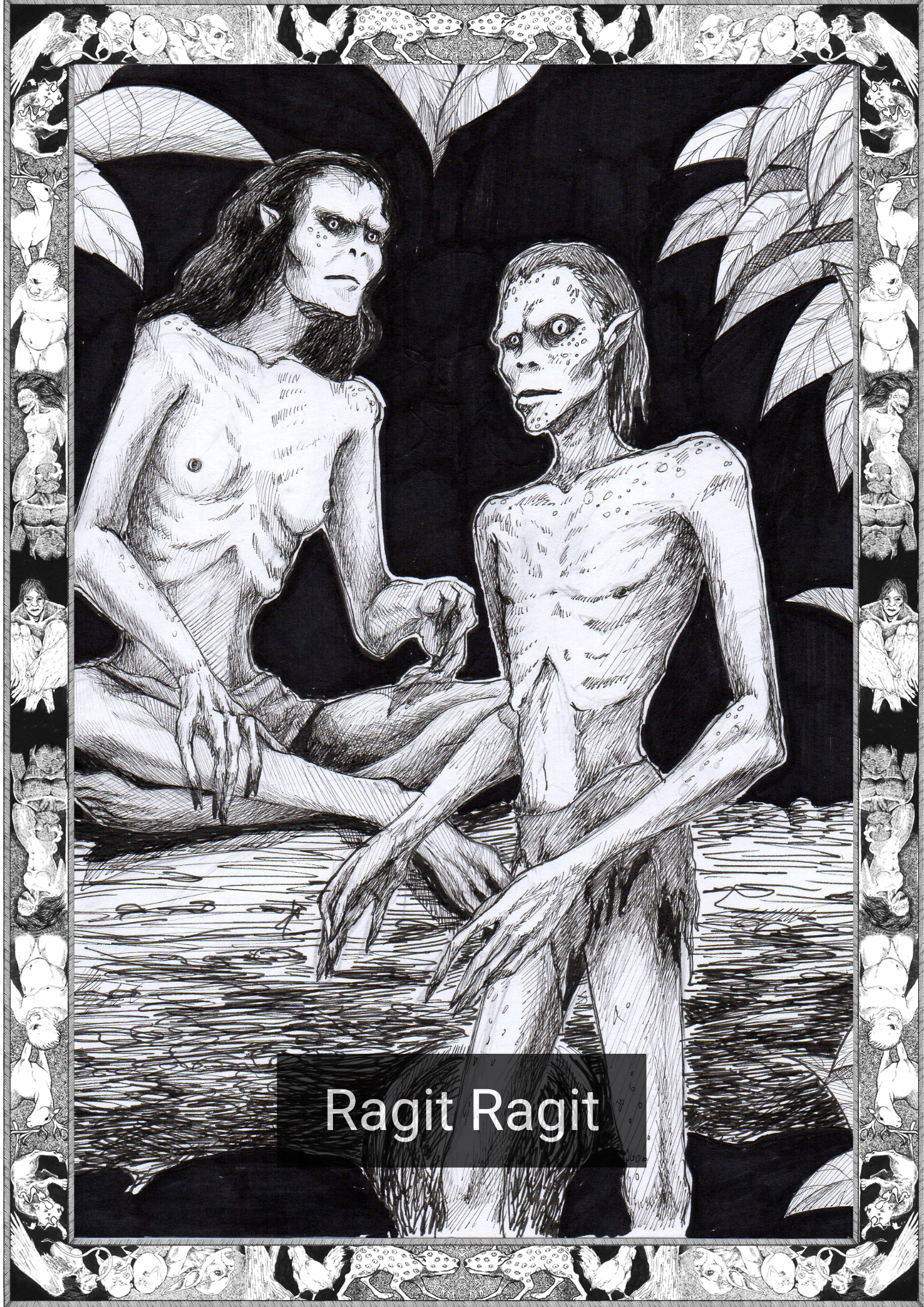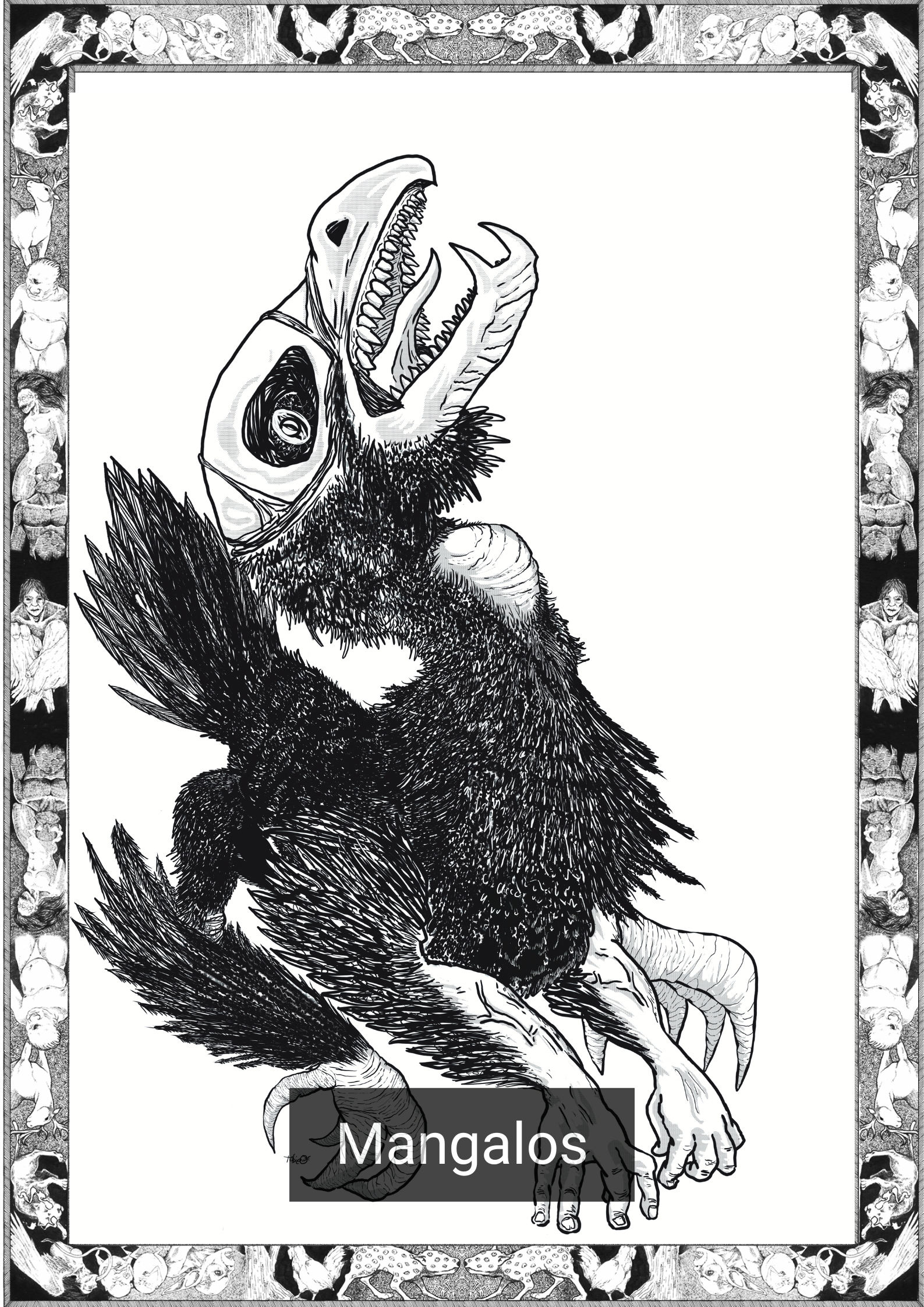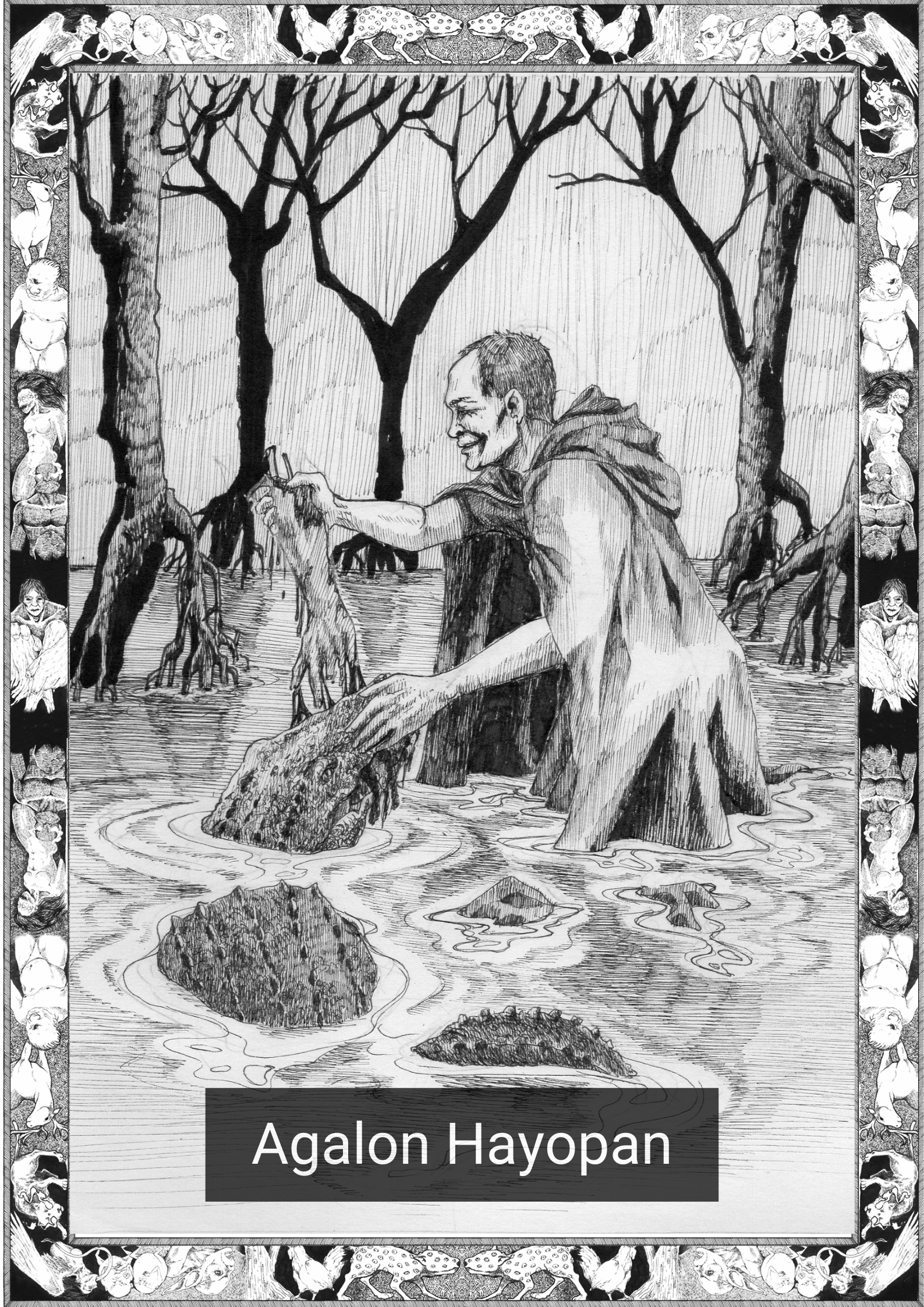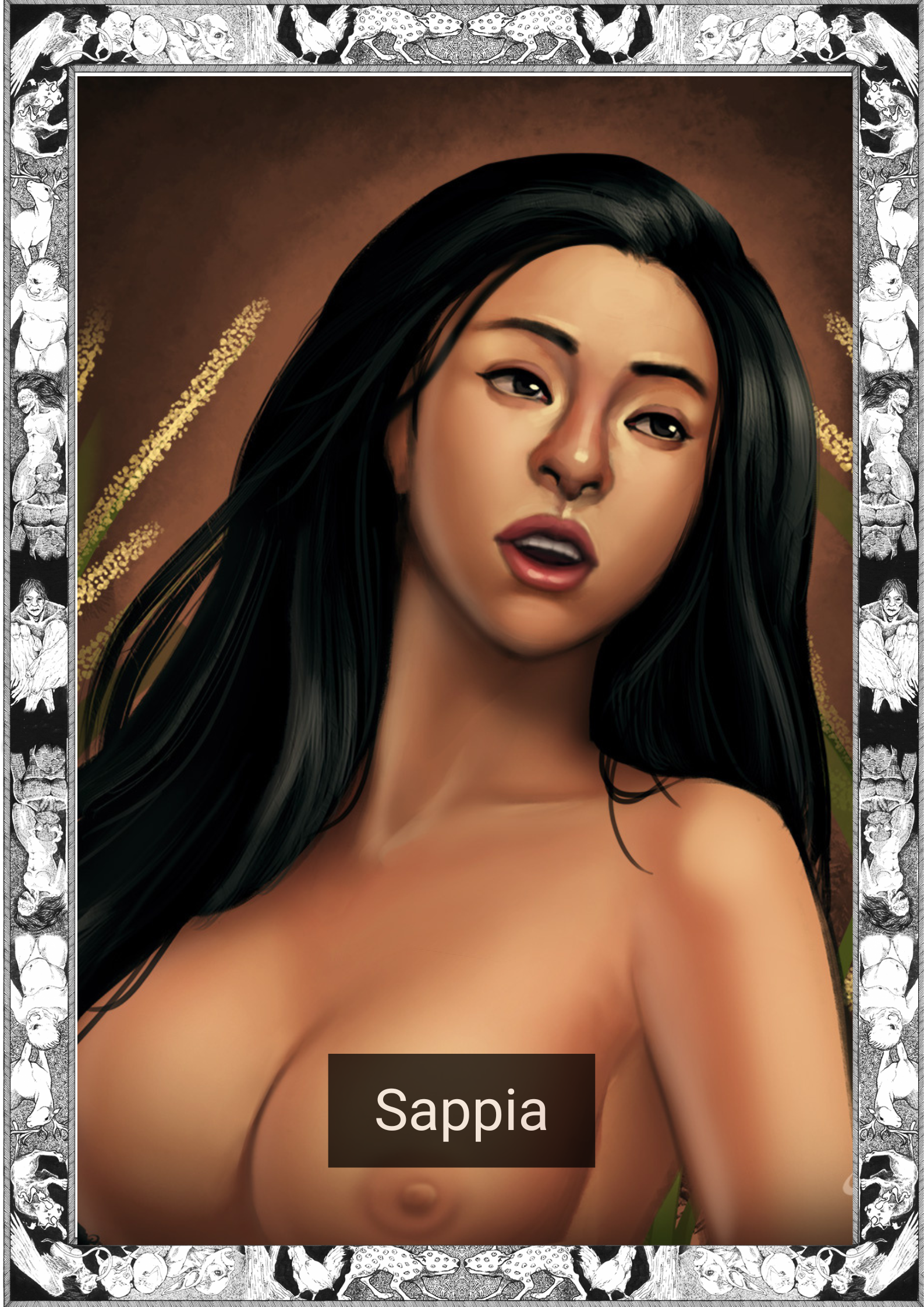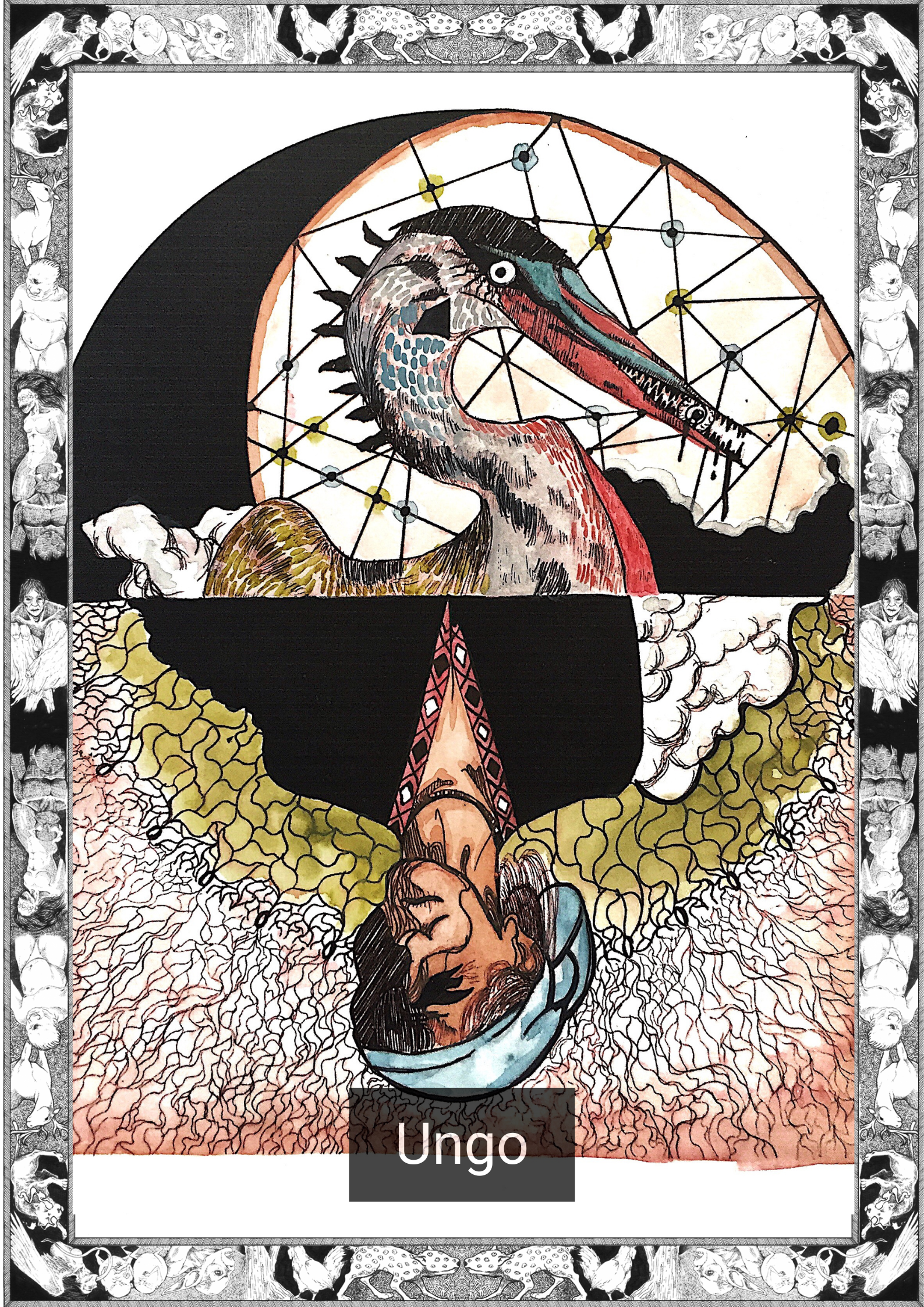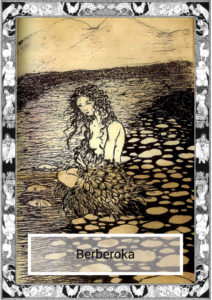
*Note this story is in Waray
Waray iba nga nakakakilala ha imo sugad han pagkakilala ko ha im.
Nakila na ak ha im antes ka pa ig-anak. Usa nga mahusay nga babayi an imo iroy. Agsub hiya magpalipas han oras ha may salog, ginkukulawan an pag-agos han tubig ngadto ha abot han iya pagtan-aw. Aadto ako han gin-agda han imo amay, usa nga ginoo, nga magpakasal an imo iroy. Ginbuhat niya iton didto ha may puno.
Han guti nga sanggol ka pa, giayuni mo nga mag-uyas ha tubig. Ginbabantayan ka syempre, pirme ginseseguro han imo kag-anak nga ayos ka. Waray man hira angay ikabaraka, kay tubtub nga aadto ako waray bisan ano nga malain an mahitatabo ha imo.
Dumako ka nga aada an salog ha imo sapit. Han unom katuig ka na, usa ka nga pilyo nga bata. Agsub mo mulayan an mga lagas nga padi ngan madalagan ka ngadto ha salog kun diin diri ka nira madadakop. Usa ka nga maupay gud nga manlalangoy. Waray bisan usa ha imo mga sangkay an akos dumungan ha imo kalaksi. Tungod hiton, puno gud hin kadasig an akon kasingkasing ha imo pagin batid ha katubigan.
Aadto ako ha imo syahan nga kapakyasan ha paghigugma. Ayos la iton kay giupayi ka man ura-ura para hiton nga babayi. Nahinumduman ko kun tiunan-o mo gin-intindi an nahitabo. Katutnga na han gab-i ngan lipuyok an bulan han ginbiling ka han imo mga kag-anak. Bisan ano nga panalinguha nira, waray ka nira mabilngan tungod kay aadto ako agud seguruhon an imo pag-iinusaan. Nagmata ka ha sunod nga adlaw, waray bisan usa nga kalmot, ngan umuli ha imo kag-anak.
Dumako ka nga usa nga maupay nga ulitawo, madasig an kalawas ngan guwapo. Agsub ka tumambay ha may salog samtang nagsusurat han imo mga siday, nga imo ginsasaysay danay ha iba nga okasyon. Nakakakalma an imo tingog. Amo iton an akon pampakaturog kada gab-i.
Duha kabulan an naglabay, ginbasa mo an usa ha imo mga siday. Mahitungod ini ha kinabuhi, kun tiunan-o ini hilarum nga nahiwa ngadto ha kalag han kada tawo. “Sugad han kutsilyo ngadto ha kalag,” an usa ha mga linya tikang ha imo siday. Humiwi ngan umagos an salog agud dumungan ha imo pagsaysay. Hiton nga takna, maaram ak kun ano an angay himuon.
Han magtupo an aton mga mata, inabat mo liwat, di ba? Kun tiunan-o kita ginpagtupo han tadhana para ha kada tagsa. Tumindig ka didto, madig-on ha tuna samtang padayon kita nga nakatukod ha kada tagsa ngan kumanta an salog. Hinitaas iton tubtub nga maabot an imo mga mata ngan nakit-an mo ako kun ano ako.
Natigdaan ka, syempre. Kadam-an han mga tawo sugad an inaabat kapag nakikit-an an akon tinuod nga postura. Waray mo mareyalisar nga nagsul-ot ako han mga butok han banwa ngan mga yapi han saging agud igtago an katunga han akon lawas. Nahusayan ka gud ha akon ngan ako, ha imo. Nakit-an ko an karuyagon ha imo kalag. Diri importante kun itom ngan gray an akon panit o kun putos ini han mga tunok, naruruyag ka ha akon ngan amo la an importante.
Tubtub yana, ginsusumpa ko pa gihap an imo mga kag-anak. Tiunan-o nahibaro an usa nga tawo kun tiunan-o gumamit hin bolo ngan tigbason an tubig gamit an krus? Igintago unta ini nga kahibaruan ha mga tawo.
Ah diri ak angay magpakulaw hin kaluyahan ha imo, akon gugma.
Diri na mag-iiha, magkakaupod kita. Tubtub nga naagos an salog, ha imo la an akon kasingkasing.
Bug-os nga kinabuhi.
-=————————-=-
English Version
Nobody knows you like I do.
I’ve known you since before you were born. Your mother was such a beautiful woman. She would spend time by the river, watching it run into the horizon. I was there when your father, the gentleman, proposed. He did it right by that tree.
When you were a little baby you loved to play by the water. You’d always be watched of course, your guardians would hover around you to make sure you were alright. They didn’t need to worry, as long as I was there nothing would be able to harm you.
You grew up with the river by your side. At six years old you were a mischievous little boy. You would play tricks on the old priests and run away to the river where they couldn’t catch you. You were a great swimmer. None of your playmates could match your speed. It made my heart swell with pride knowing that you took to the water so well.
I was there during your first heartbreak. You were too good for that girl anyway. I remember you trying to find sense in what had happened. It was midnight and the moon full in the sky when your guardians came to look for you. Try as they might they couldn’t find you, of course, I was there to make sure you had your privacy. You woke up the next day, not a scratch on you, and went back home to your parents.
You grew into a fine young man, so dashing and handsome. You would stay by the riverside and write your poems, even orating them on some occasions. Your voice was so soothing and calm. It was my lullaby every night.
Two moons ago you spoke one of your poems out loud. It was about life, how it cuts deep into the soul of every person. “Like a knife through the soul”, that was one of the lines from your poem. The river bent and flowed to match your oration. It was then I knew what I had to do.
When our eyes met you could feel it couldn’t you? How we were meant to be together. You stood there, solid on the ground as we locked our gaze and the river sang. It rose higher until it reached your eyes and you saw me for what I was.
You were surprised, of course. Most humans are when they see my true form. You didn’t realize that I wore the bundle of rice straws and cluster of bananas to hide my lower half. You were enthralled by my beauty and I, by you. I could see the longing in your soul. It didn’t matter that my skin was black and grey or that it was covered with spines, you wanted me and that was all that mattered.
To this day I still curse your guardian. How did a human know to get a bolo and slash at the water with a cross? That knowledge should have been hidden from humans.
Ah but I should not show weakness in front of you, my love.
We will be together soon enough. As long as the river flows, my heart will belong to you.
Always and forever.
=————–=
*Waray is the fifth-most-spoken native regional language of the Philippines, native to Eastern Visayas. It is the native language of the Waray people and second language of the Abaknon people of Capul, Northern Samar and some Cebuano-speaking peoples of eastern and southern parts of Leyte island. It is the third most spoken language among the Visayan languages, only behind Hiligaynon and Cebuano.
Written by Karl Gaverza
Waray translation by Joan Sebastian
Copyright © Karl Gaverza
Translation Copyright © Joan Sebastian
Adapted from a story from Abra, Calaba River told by Guillermo Guillen Crisologo
Berberoka Illustration by Guillermo Guillen Crisologo
